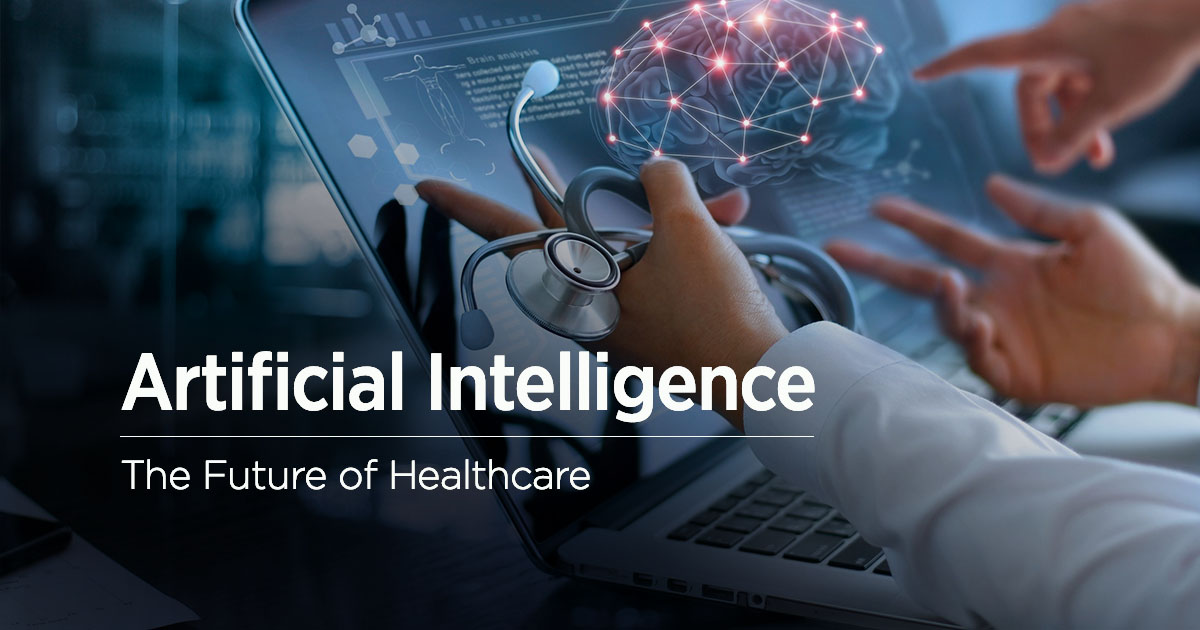The Mohammed bin Zayed University of Artificial Intelligence (MBZUAI) is at the forefront of a transformative movement harnessing artificial intelligence (AI) to revolutionize global healthcare. AI's potential to expand access to medical services, particularly for underserved communities, is a beacon of hope in a world grappling with rising healthcare costs and environmental challenges.
MBZUAI's pioneering research and partnerships exemplify the transformative power of AI in healthcare. One area of focus is predictive healthcare, which leverages AI's ability to analyze vast datasets and identify patterns. This allows for early detection of medical issues, enabling proactive interventions and personalized treatment plans. For instance, MBZUAI researchers are utilizing machine learning and computer vision to analyze CT scans and identify signs of cardiovascular disease. This collaboration with the University of Oxford aims to pinpoint biomarkers that indicate potential heart problems before symptoms manifest.
Another crucial aspect of MBZUAI's work is in accelerating drug discovery and development. The high failure rate of clinical trials for new medications – around 90% – is a significant hurdle in bringing new treatments to patients. To address this challenge, MBZUAI partnered with Quris-AI, the world's first Bio-AI clinical prediction platform, in 2023. This collaboration aims to establish a world-class Bio-AI center of excellence in Abu Dhabi. The center will leverage AI's capabilities to create predictive models that enhance the safety and efficacy of new drugs. This focus on personalized medicine holds immense promise for the Middle East and North Africa (MENA) region, where catering to diverse populations is critical. MBZUAI is not only providing expertise in developing these AI models but also fostering a talent pool by incentivizing AI graduates to remain in the UAE and contribute their skills.
The impact of AI in healthcare extends beyond diagnostics and treatment. AI-powered chatbots can offer patients 24/7 access to information and basic medical advice, particularly in remote areas with limited healthcare professionals. Additionally, AI can streamline administrative tasks within healthcare institutions, freeing up valuable time for medical professionals to focus on patient care.
While the ethical considerations surrounding AI in healthcare require ongoing discussion, MBZUAI's work demonstrates the immense potential of this technology to improve global health outcomes. By facilitating early diagnosis, personalizing treatment plans, and accelerating drug development, AI offers a path towards a future where healthcare is more accessible, efficient, and tailored to individual needs.

